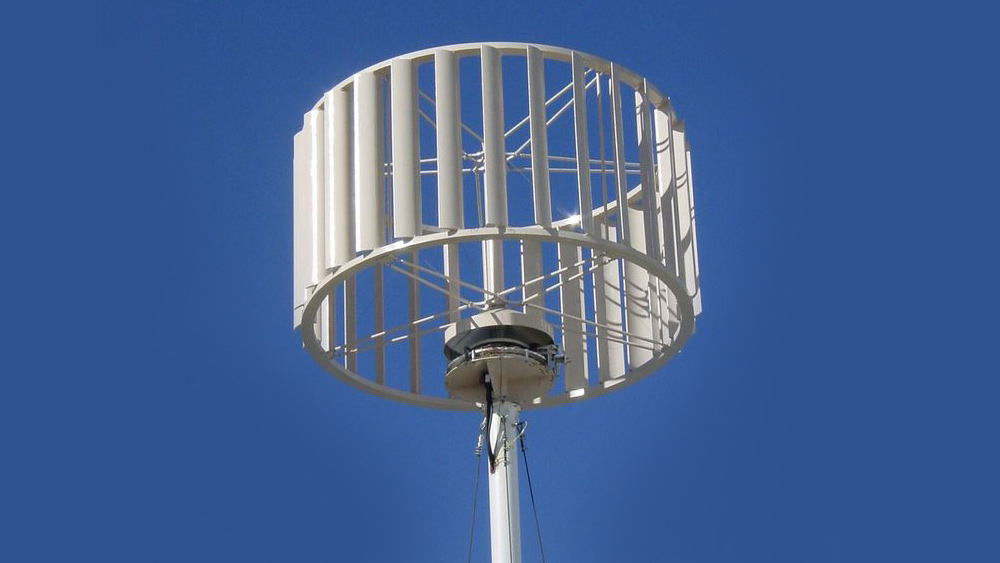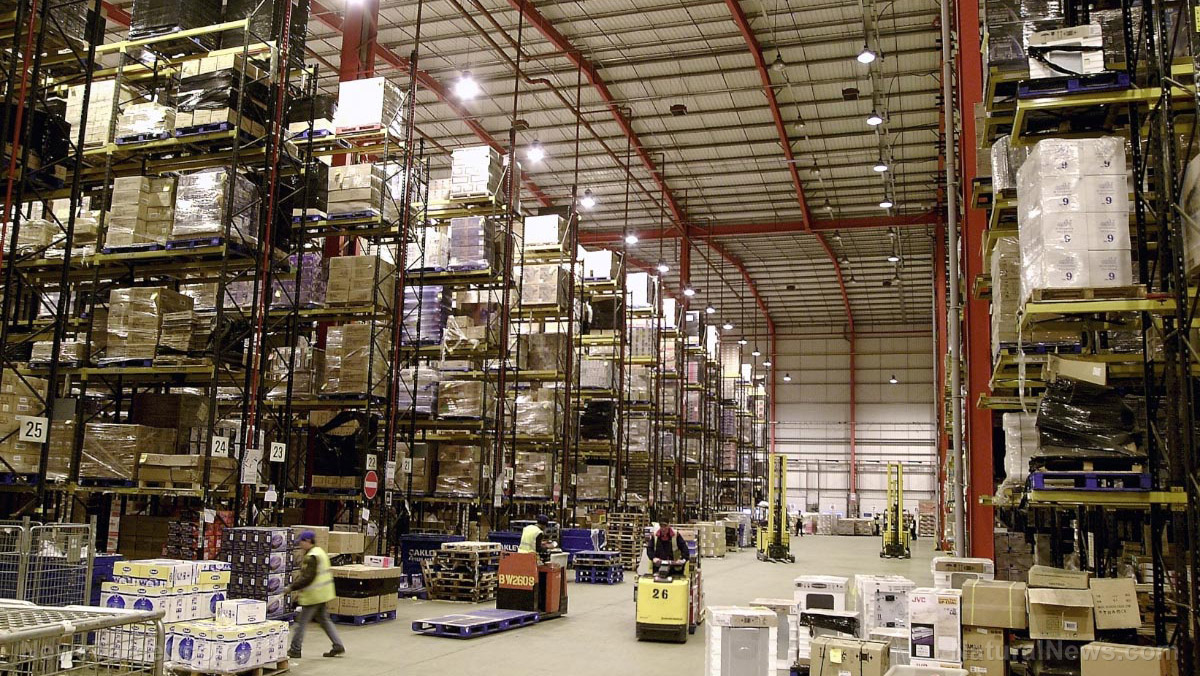Rolls-Royce’s all-electric plane passes major milestone while preparing for maiden flight
03/11/2021 / By Franz Walker

Rolls-Royce is preparing for the maiden flight of what it hopes will be the world’s fastest all-electric plane. The aircraft engine manufacturer, which lends its name to the luxury car brand, recently completed the first taxiing test of its “Spirit of Innovation” aircraft.
“Electrification of flight is an important part of our sustainability strategy as we aim for net zero carbon by 2050. Taxiing of the ‘Spirit of Innovation’ is an incredible milestone for the ACCEL team as we progress to first flight and the world-record attempt later this year.” stated Rob Watson, Director of Rolls-Royce Electrical. “For the first time, the plane propelled itself forward using the power from an advanced battery and propulsion system that is ground-breaking in terms of electrical technology.”
Spirit of Innovation’s maiden flight planned for spring
The plane is part of Rolls-Royce’s “Accelerating the Electrification of Flight” (ACCEL) initiative. It was first revealed back in 2019, when Roll-Royce announced the concept along with plans to top the previous speed record for an electric plane – 2010 mph – set by Siemens in 2017.
Key partners in the project are electric motor and controller manufacturer YASA, electric aviation start-up Electroflight and the U.K. government.
“The U.K. is committed to achieving net-zero carbon emissions by 2050,” said U.K.’s Minister for Business Paul Scully. “Through government grants for research and development, we’re championing innovation in the aerospace sector to meet this ambitious target as we build back greener from the pandemic.”
The taxiing test marked the first time the Spirit of Innovation moved under its own power. The plane sports a 500-hp all-electric powertrain hooked up to a 6,000 cell battery pack, which Roll Royce claimed will be the most energy-dense ever integrated into an aircraft.
With the success of the taxiing test, Rolls-Royce is expected to move on with its planned maiden flight of the plane sometime this spring.
“For the first time, the plane propelled itself forward using the power from an advanced battery and propulsion system that is ground-breaking in terms of electrical technology,” said Rob Watson, director of Rolls-Royce Electrical. “This system and the capabilities being developed will help position Rolls-Royce as a technology leader offering power systems to the Urban Air Mobility market.”
Rolls-Royce developing electric aircraft motors as U.K. bets big on electric air taxis
Breaking the speed record for electric planes is more than just a matter of pride. Rather, it would serve as an important milestone for Rolls-Royce’s and the U.K.’s plans for the electrification of flight.
The power needed to push a single-seater, single-engine craft such as the Spirit of Innovation beyond 300 mph is estimated to be the same as that needed by future electric taxi aircraft.
The U.K. is gambling on air taxis, or electric vertical take-off and landing (eVTOL) aircraft, being a viable alternative for commuters in the country. An airport meant to service these vehicles is already being built in the city of Coventry and is set to open for a month of testing in November of 2021. (Related: Electric planes make debut at Fresno’s Chandler Airport.)
But eVTOL aircraft would require complex systems to allow them to take off and land vertically while transitioning to forward flight in mid-air.
With the Spirit of Innovation, Rolls-Royce would gain experience with putting the kind of electric power needed by eVTOL aircraft into the air without having to worry about their vertical take-off and landing aspect.
For more news on electric flight, follow FutureTech.news.
Sources include:
Tagged Under: ACCELL, air taxi, electric, electric airplane, electric flight, eVTOL, future science, future technology, good technology, green energy, renewable energy, Rolls-Royce, speed record, test flight, UK, world record
RECENT NEWS & ARTICLES
NewEnergyReport.com is a fact-based public education website published by New Energy Report Features, LLC.
All content copyright © 2018 by New Energy Report Features, LLC.
Contact Us with Tips or Corrections
All trademarks, registered trademarks and servicemarks mentioned on this site are the property of their respective owners.




















